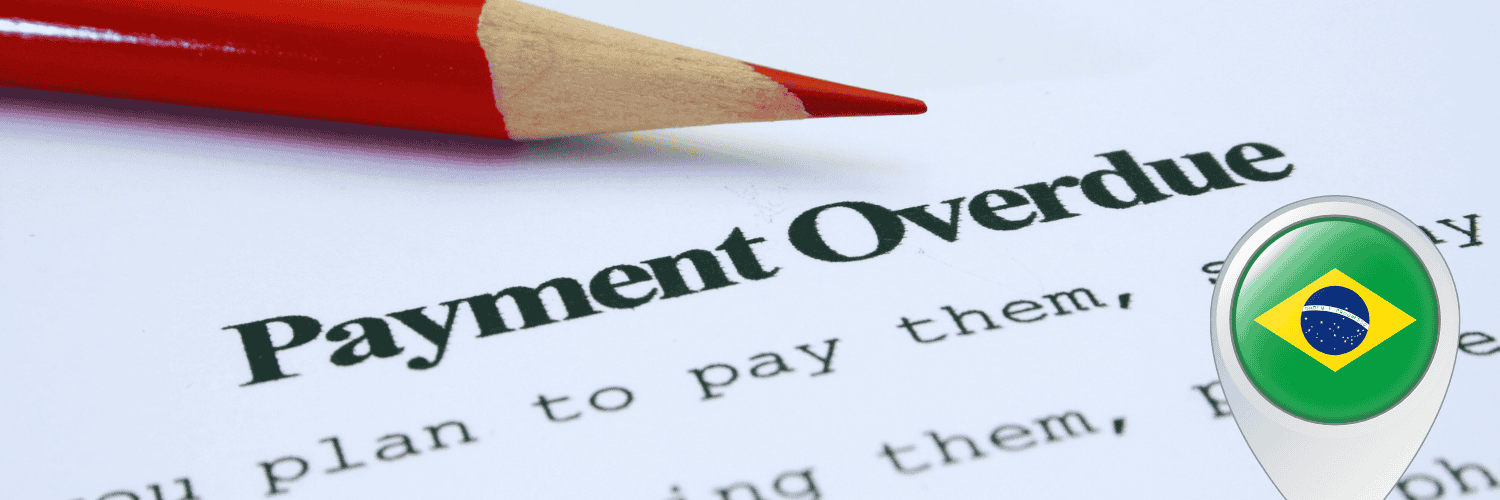How Official Protests (Protesto) Can Pressure Debtors in Brazil
An official protest, known in Brazil as Protesto, is a powerful tool for creditors seeking to recover overdue payments. It involves the formal registration of an unpaid debt—commonly invoices, promissory notes, or checks—at a Notary Office (often referred to as the Cartório de Protesto). According to protesto.com.br, this procedure plays a central role in debt recovery and dispute resolution, especially for those in need of legal representation in Brazil. Indeed, using Protesto in Brazil to Pressure Debtors has become a standard practice for many businesses and individuals facing unpaid obligations.
What Is Protesto?
Protesto is essentially a public declaration that a debtor has failed to honor a financial obligation. It is grounded in the Brazilian Civil Code and is administered through one of the seven specialized types of public registries in the country. A specific branch, the Cartório de Protesto, handles these matters. By formally recording the unpaid amount, the creditor creates an official record that can motivate the debtor to settle quickly. This is because the protest entry becomes part of the debtor’s credit history and can be seen by banks, other potential creditors, and even business partners—making it an ideal way to pressure debtors in Brazil.
Impact on Debtor’s Credit and Reputation
A recorded protest often lowers the debtor’s credit score and damages public reputation. Brazilian notarial and registry systems allow easy access to these records, making it harder for debtors to secure new lines of credit or finalize significant transactions. It is common for real estate buyers to check for protestos against a seller before closing. If a protesto appears, it can stall or block the sale. Creditors sometimes use this method to prioritize their interests in the debtor’s assets, although a protesto does not carry the same legal weight as a lien.
Many companies also check protestos when deciding whether to grant credit or negotiate payment terms. This precaution helps avoid future lawsuits by filtering out businesses or individuals who already carry multiple overdue debts. In fact, it is advisable to investigate any recorded protestos before bringing on a new client or extending a credit line, as it helps reduce the risk of future nonpayment disputes.
How to File a Protesto
Overseas creditors, such as those in the United States, can authorize a local representative or attorney to file the protest in Brazil. This often requires a power of attorney and the original paperwork detailing the claim, such as an unpaid invoice or a promissory note. Brazilian notary offices customarily grant a short window—typically three business days—for the debtor to settle or contest the debt after receiving notice of the protesto. If the debtor still fails to pay, the negative record remains on file until resolved.
This approach is particularly useful for businesses involved in commercial litigation or cross-border lawsuits. It may encourage prompt negotiation or settlement without immediately resorting to Brazilian courts, which can sometimes be time-consuming and expensive.
Strategic Use of Protesto
Protesto is considered cost-effective and quicker than filing a full-blown lawsuit. Creditors often rely on it as an initial measure to pressure debtors in Brazil into settling, especially when speed is a priority. The formal, public nature of the procedure can spur debtors to resolve the outstanding balance to avoid further harm to their credit or reputation.
However, if a debtor already has multiple protests on record, adding one more may not offer much leverage. In such cases, a well-planned legal strategy, possibly involving court action or more direct debt recovery methods, might be more appropriate. Even so, many attorneys recommend the protest route as a first step because it is relatively simple to execute and can resolve smaller debts without the complexity of a lawsuit.
Remember that checking for protestos is a vital part of due diligence. Whether you are dealing with a new business partner, a prospective client, or an existing customer with overdue bills, a thorough credit check that includes protesto records can help prevent future disputes and safeguard your financial interests.
Watch our video here:


